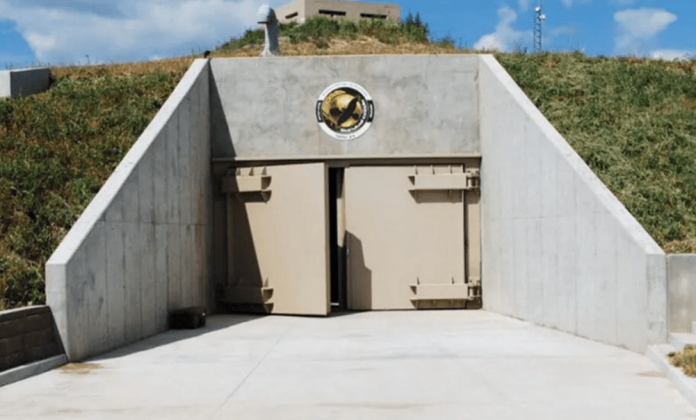Швейцарія, відома своєю багаторічною політикою нейтралітету і розвиненою системою цивільної оборони, розпочала масштабну модернізацію мережі ядерних укриттів, побудованих ще в період Другої світової війни. Метою є адаптація інфраструктури до сучасних умов, на тлі загострення глобальної безпеки через російсько-українську війну.
Ще у 1963 році швейцарський уряд ухвалив закон, який зобов’язує забезпечити кожного мешканця країни захисним місцем у бомбосховищі. Ця політика поширюється навіть на іноземців та біженців, тим самим формуючи одну з найрозвиненіших систем притулків у світі. Проте з часом частина укриттів втратила свою первісну функцію і тепер використовується як склади, винні льохи чи приміщення іншого призначення. Під час перевірок було виявлено, що значна частина укриттів потребує заміни систем вентиляції, оновлення фільтрів та посилення захисних дверей. У відповідь на це уряд Швейцарії оголосив про збільшення фінансування: з 2027 року бюджет на обслуговування укриттів зросте з 9 до 15 мільйонів франків.
Незважаючи на те, що кількість укриттів у Швейцарії відповідає чисельності населення, розподіл бункерів по країні залишається нерівномірним. Особливо це стосується п’яти кантонів, де інфраструктура укриттів недорозвинена. Ця проблема вимагає додаткових інвестицій для забезпечення рівного доступу до захисту в усіх регіонах. Окрім захисту своїх громадян, Швейцарія активно експортує технології для створення укриттів, користуючись зростаючим світовим попитом. На тлі загрози ядерних конфліктів дедалі більше країн зацікавлені у будівництві сучасних притулків. Наприклад, у Росії розпочато виробництво мобільних бомбосховищ, а у приватному секторі зростає популярність розкішних укриттів, призначених для тривалого проживання.
Модернізація укриттів у Швейцарії підкреслює важливість готовності до надзвичайних ситуацій. Це не лише зміцнює внутрішню безпеку країни, а й слугує прикладом для інших держав. Укладені інвестиції підтверджують лідерство Швейцарії у забезпеченні цивільної оборони, доводячи, що навіть у мирний час важливо залишатися підготовленими до можливих загроз.


